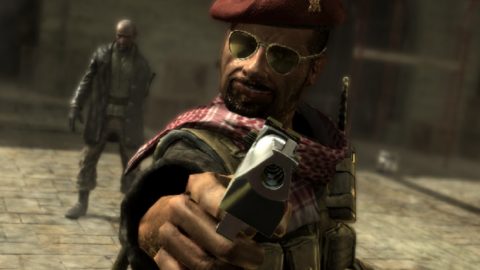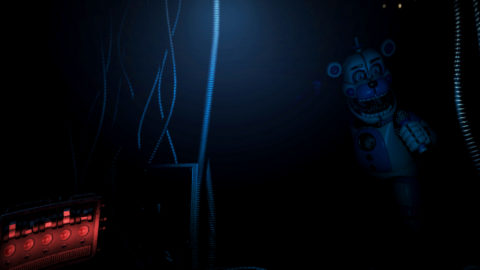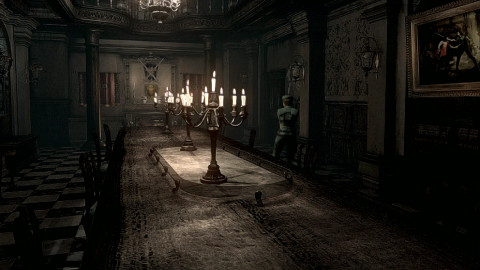
In praise of Call of Duty: Modern Warfare’s most unusual level
On the Level is a series that closely analyzes individual videogame sections, examining how small moments in games can resonate throughout—and beyond—the games themselves. /// Call of Duty 4: Modern Warfare‘s (2007) writers understand brevity. Each loading screen provides a satellite image of the upcoming mission, accompanied by a terse overview. “Good news first,” explains SAS operative Gaz, before the opening level. “We’ve got a civil war in Russia … 15,000 nukes at stake.” It’s graceful. Like a soldier, on standby for mission go, while the player waits for action, she sits through an intelligence briefing. It’s economical, too. If…







